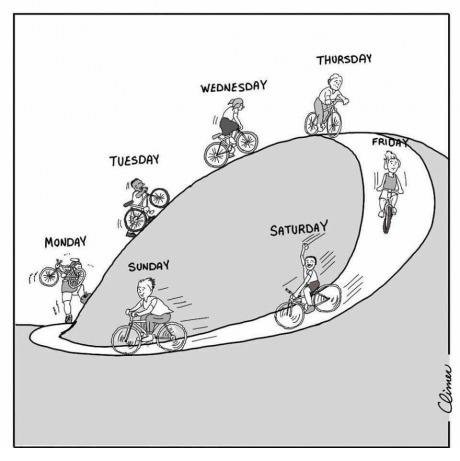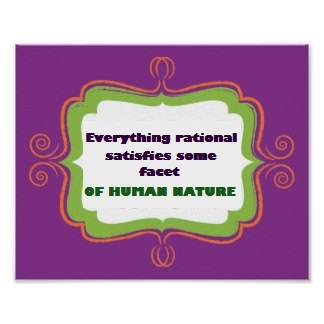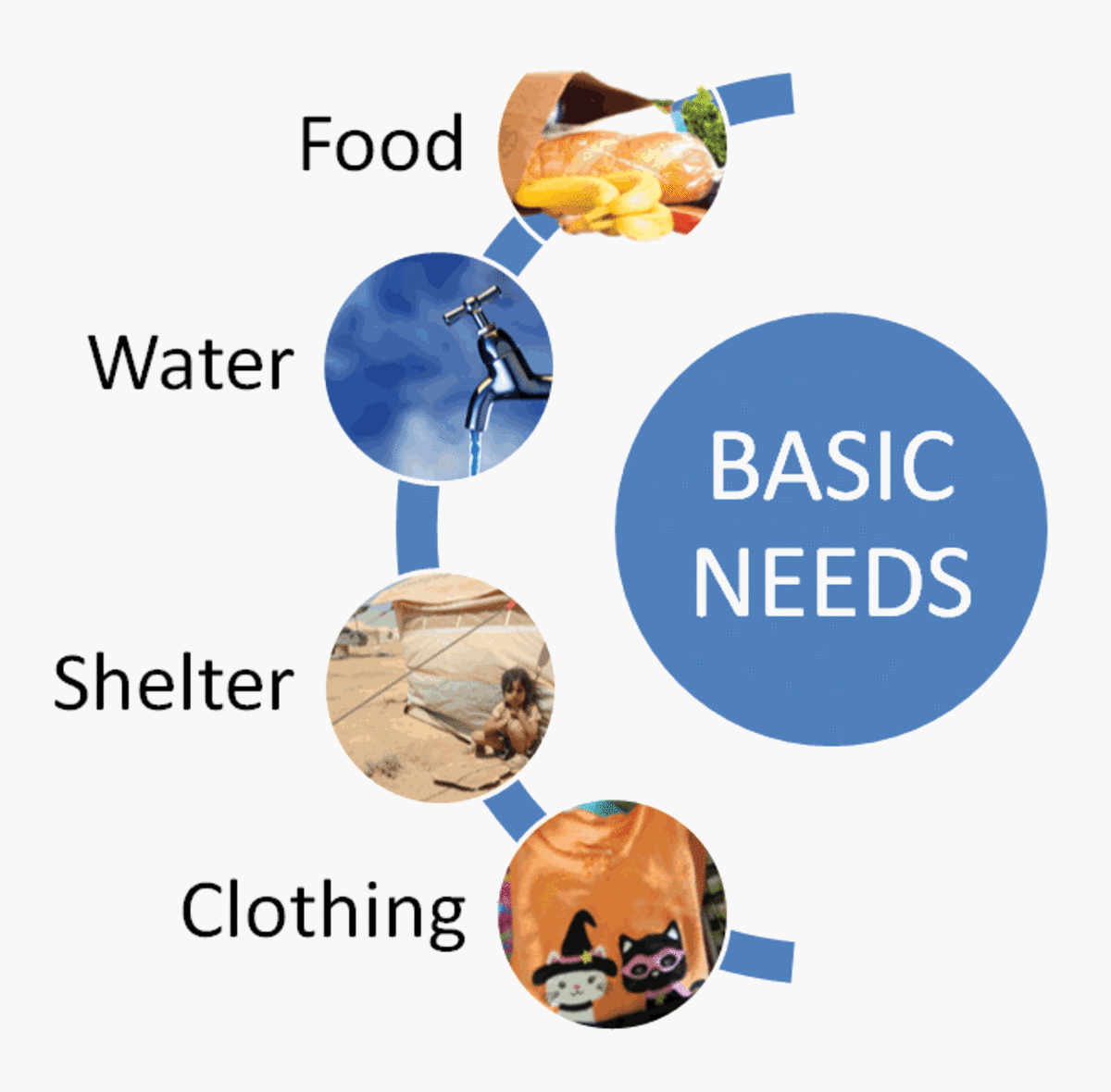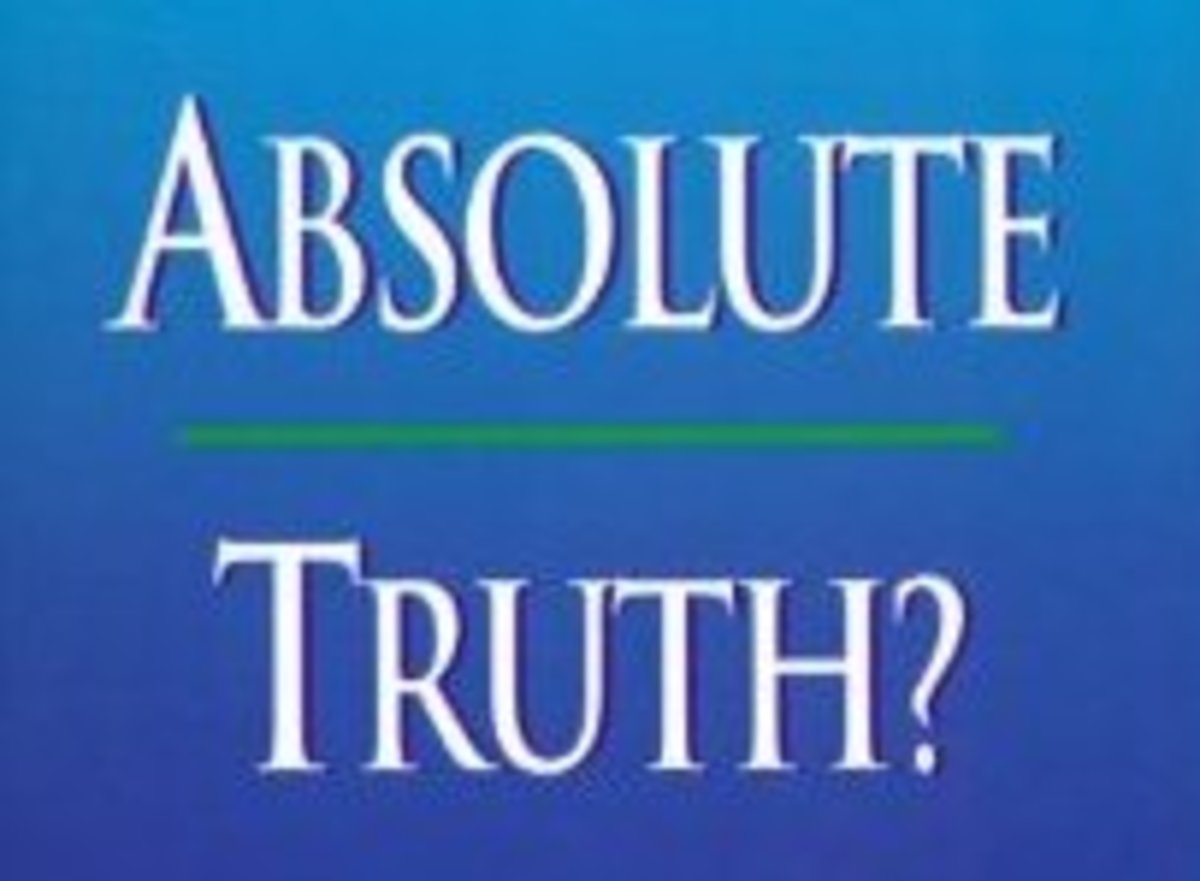What Makes Us Do, What We Do?
Introduction
How is it that, while one person is ready to sacrifice his own life for a stranger, another show no qualms in murdering a dear one? What makes us do, what we do?
A survey of available literature points to six fundamental needs that everyone has in common, and all behavior can be simply abstracted as an attempt to meet those six needs. The needs can be identified as, Certainty, the assurance that one can avoid pain and gain pleasure, Uncertainty/Variety, the need one perpetually has for the unknown, change, or new stimuli, Significance, the necessity to feel unique, important, special or needed, Connection/Love, the pleasure of strong feelings of closeness or union with someone or something, Growth, the happiness from the expansion of capacity, capability or understanding, and finally, Contribution, the fulfillment one feels from service, helping, giving and supporting.

The Main Question
Fulfillment can only be achieved by focusing on two spiritual needs, all sagacious words and writings exhort. One such is the need to continuously grow, and two, the need to contribute beyond ourselves in a meaningful way. Like any other living being, humans also have a long list of natural needs and meeting these satisfyingly, is the primary function of life. Therefore we humans have the need to be part of a lot of activities of varying style, content, endurance and strength, each of them meeting a part of ones needs and desires.
But the above discussion does not answer the most pertinent question in this regard. Why is that unlike other forms of life, we humans go after one or a few among their wants at the cost of sacrificing many other needs and conveniences, some of which, even to their peril? What are we striving for? What makes us do, how we do?
We, I think, have been maintaining this as one of the most difficult questions of life. There is no historical figure who did not attempt to answer this, a quick glance into our collection of classics of yesteryears and those of recent times shall easily show. Also, there is no one who did not become a historical entity despite pontificating on this question, a further look at the collection can reveal. It seems this is a question of very serious proportions.
The answer to this question is easily obtained as far as a small baby or child is concerned. Whatever the child does, it shall be to please some of its wants, food or physical comfort or to be freed from discomfort, as can be observed easily. It is only when the child grows up to be a man or a woman does this answer would seem inadequate. Assuming that we continue to grow as rational beings and act in a manner appropriate for maximizing our level of contentment, we should be at a loss to explain many of the things that grown-ups do, things, capable of causing great harm to their own life. As grown ups, we display a leaning towards potentially dangerous activities as well as taking even ordinary and enjoyable things to its extremes.

What can Explain the Irrational?
A closer examination into our actions point to the need of revisiting the very idea of the rational. Also, its transient nature becomes another feature worth consideration. Taking these into account, when we investigate our doings further, something interesting emerges that can explain much of our behavior quirks we have been leaving as humor.
Especially in the physical world, it is a known fact that everything loses the values attributed to any of its properties, when the property is measured at its extremes. All the relationships, dependencies and other connections are valid or can be reliably predicted, only when they are in a range noticeably away from the respective limits, both the upper limit and the lower one. An analogous relationship can be observed in living beings too, if we are to study the occurrences of emotional expressions, rational transactions or other forms of exchange. Our reactions when we are extremely tired, terribly unhappy, highly excited or full of joy need not be the same as what our reactions would have been, in normal times. As it is a known fact that manifestation of various elements of human nature under duress is prone to large deviations, the propensity to find solace in the ‘extremes’ of whatever one does can also be considered as one such large deviation. Therefore, human interest for the ‘extremes’ or the irrational can be attributed to some ‘duress’, one is perpetually under.
Here we can divide all that we do into two main categories – rational acts, and irrational ones. All rational acts, as one can easily make out, feeds some need. All irrational acts also feed some need, the need of the extremes. The indifference to murder, which is easily acknowledged as one such behavior as well as the eagerness to sacrifice, which is rarely recognized as one, exemplifies such ‘extremes’.

..and the Conclusion
In short, all that we do can be better understood if we are to see them either as 'rational' acts or as 'irrational' ones. It should be clear: everything we do in a rational manner is to satisfy some facet of human nature. But a more interesting question in this regard arises. What is giving us the need of the extremes, and making us do irrational things?
In fact, unlike other members of the living world, humans have the ability to ascribe emotions to events and occurrences of one’s life. They also possess the wherewithal to indulge in an unlimited number of activities to suit each and every one of the emotions desired. And unlike all other forms of life, humans have been utilizing all these emotions to derive happiness. And he found it convenient to extend these in an irrational manner, (extremes) whenever the need arose keep the thoughts of such 'duress' at bay. Irrational acts are thus of great help in making one forget the ‘duress'. (One cannot extend the rational acts indefinitely in this manner, by definition, rational has a logical end. And, the 'duress' might return)
Thus everything we do in a rational manner is to add to our comfort. Everything irrational also is doing a very important job. Freeing us of discomfort, by keeping us occupied without a break.









